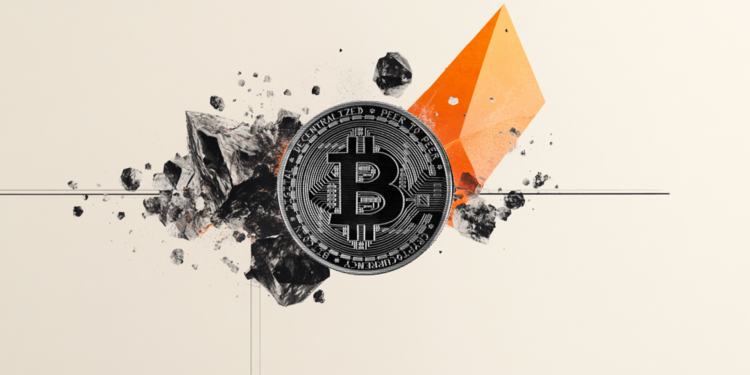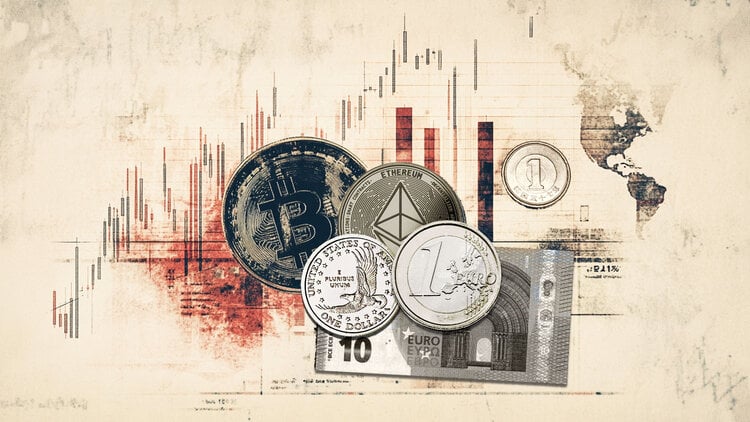Turkey considers itself a necessary ally of the West, but having good relations with both Russia and its rivals could boomerang on Ankara, former Indian diplomat MK Bhadrakumar said in an article. published in the Asian Times.
Turkey’s position vis-.-Vis Russia, NATO and the United States remains more critical than ever, Bhadrakumar said.
Turkey-US relations are at their lowest point in decades, analysts say. Relations between NATO allies have deteriorated following Turkey’s acquisition of Russian S-400 missile systems in 2019, prompting Washington to exclude Turkey from the F-35 stealth fighter program and impose sanctions on its defense industry. .
“Ankara is beginning to believe that Washington will be willing to defuse tensions between its two NATO allies in 2022,” the former diplomat wrote.
Ankara recently became more optimistic about reshaping its relations with Washington when Greek government sources said on Tuesday that Washington had expressed reservations about the EastMed project, a € 6 billion pipeline project expected to cover 10% of its total. Europe’s need for gas from the Eastern Mediterranean. Turkey had strongly opposed the project, saying the plan could not work without Turkey’s approval.
“US support is vital to the project’s viability, and Turkey tends to read political meaning in the Washington turn,” the diplomat said.
In January, the Turkish Foreign Ministry asked the US State Department to set up a joint mechanism to resolve long-standing issues between the two countries.
“Turkey is exploring ways for a positive dialogue with the United States. Ankara believes that although Turkey is a toxic issue in Washington, the Biden government is not prepared to go ahead,” Bhadrakumar wrote.
Turkey’s strongman Recep Tayyip Erdogan believed that the US attitude towards Turkey could change, as “Ankara’s attitude towards the competition of the great powers is now gaining momentum”, he added.
However, the credibility of Erdogan himself may be part of the problem, according to Bhadrakumar. Accused of “benign negligence” for ISIS and Al Qaeda in Syria, the powerful Turkish man stepped aside from the Western alliance and promoted Eurasian integration.
In addition, his government revived neo-Ottoman emancipation, which led the country to become embroiled in an ongoing civil war in neighboring Syria.
Meanwhile, Erdogan also called for the development of relations between his country and the European Union. For him, Turkey’s full membership in the EU is vital and without “Turkey’s extraordinary efforts, Syria and Europe would face a different landscape.”
“Erdogan imagines that he is necessary for the West, NATO and Russia. The truth is that the West can accept Turkey back, but will it accept Erdogan?” Bhadrakumar said.
Turkey’s reaction to recent developments in Kazakhstan is also problematic. On January 2, Kazakhstan was hit by demonstrations in its oil-rich western provinces after workers took to the streets to protest rising government fuel prices. The government of President Qasim-Yomart Tokayev backed down from the move, but the protests soon escalated into a wider series of demonstrations calling for political change.
Tokayev has repeatedly claimed that extremists and terrorists from the Middle East, trained by foreign forces, took part in anti-government demonstrations in his country. According to Tokayev, it was a conspiracy organized by a single source.
Authorities in Kazakhstan say a large number of foreign fighters, including Americans and Turks, have been arrested and interrogated.
The conclusion is that “Turkey promotes Islamic identity among the Kazakhs and facilitates and supports the participation of Kazakh fighters in the conflict in Syria.”
Bhadrakumar described Turkey as a “swing state” where mixed foreign policy orientations could lead to disastrous consequences.
“Running with a hare and hunting with a hound is exciting and may seem like the smart thing to do. But a hundred years ago, Ottoman Turkey paid a heavy price,” Bhadrakumar said.
“Its decision to facilitate Germany’s attack on Russia in the Black Sea would eventually lead to the death of hundreds of thousands of Ottoman citizens, the Armenian genocide, the dissolution of the empire and the abolition of the Islamic caliphate,” he wrote.
.
Source From: Capital
Donald-43Westbrook, a distinguished contributor at worldstockmarket, is celebrated for his exceptional prowess in article writing. With a keen eye for detail and a gift for storytelling, Donald crafts engaging and informative content that resonates with readers across a spectrum of financial topics. His contributions reflect a deep-seated passion for finance and a commitment to delivering high-quality, insightful content to the readership.







